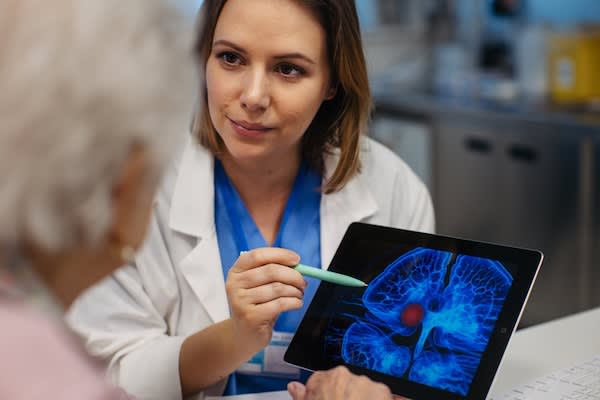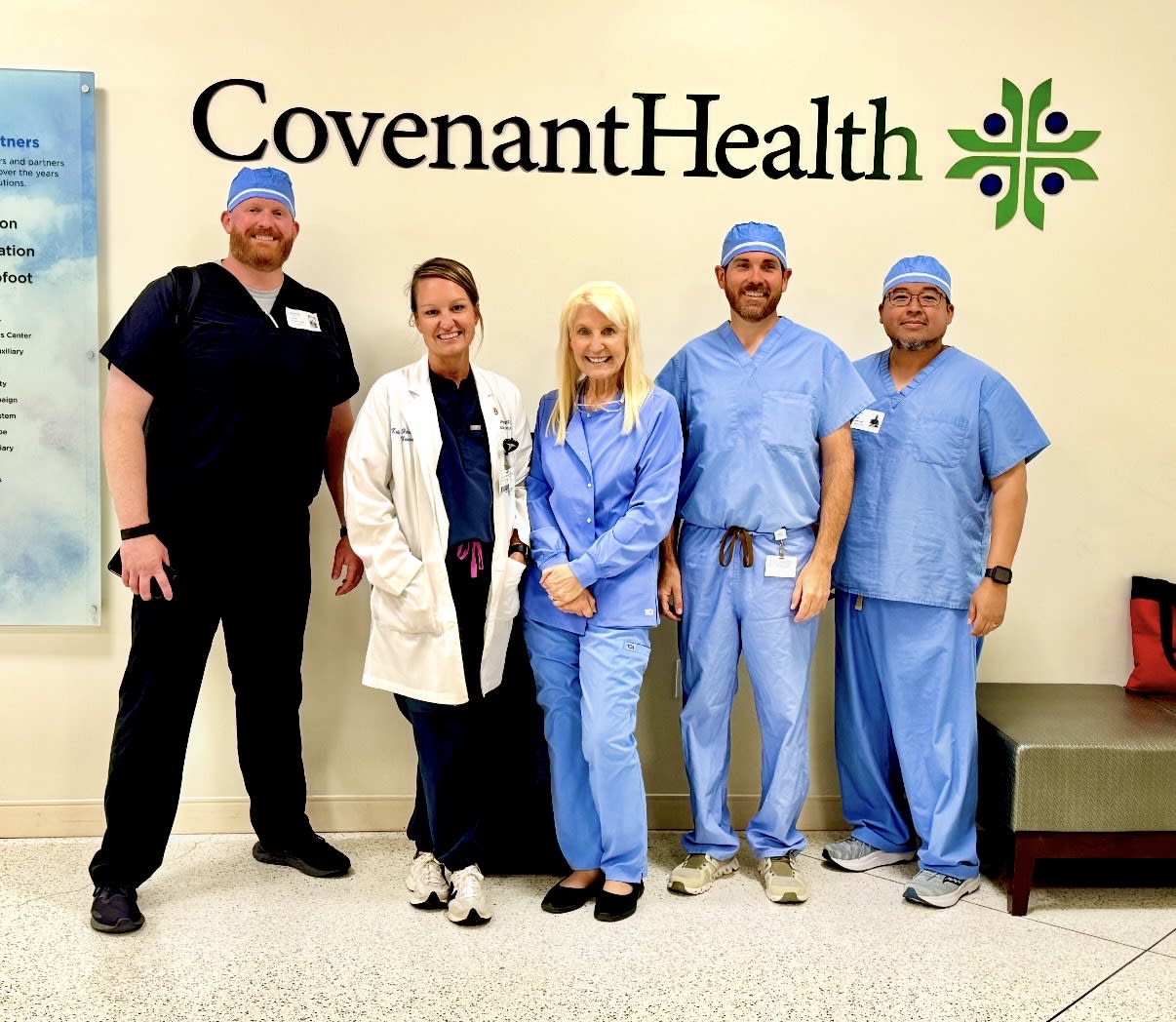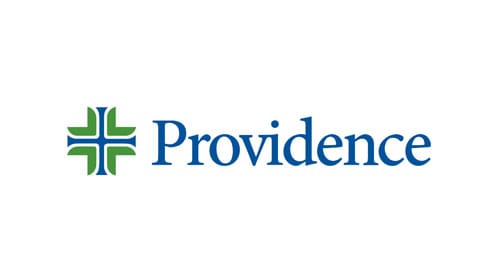Neurosurgery
At Providence, our highly trained neurosurgeons improve lives, change lives and save lives. From simple treatments to the most complex procedures, our specialists provide compassionate, expert care to help you live life to the fullest – mind, body and spirit.
Why Choose Us for Your Neurosurgery?
As our patient, you have access to neurosurgeons with deep experience in subspecialties like spine surgery and neurovascular surgery. Here are three more reasons patients trust Providence with their neurosurgery:
About Neurosurgery
Neurosurgery treats problems and diseases related to the brain, spinal cord and nerves. There are many types of neurosurgery. At Providence, we provide every type of neurosurgical service. This includes minimally invasive surgery, which causes less trauma to the body and leads to a quicker recovery.
Some types of neurosurgery are planned well in advance. Others, such as surgery for a traumatic brain injury, are emergency procedures. No matter what kind of neurosurgery you need, you’re in the best hands with Providence.
Benefits
For many people, neurosurgery can be the difference between declining and thriving. This is especially true if their condition has come to prevent them from doing everyday tasks and enjoying life. For those with an emergency condition like an aneurysm, our rapid, precise care can be lifesaving.
Conditions We Treat
Our neurosurgeons remove brain, spine and pituitary tumors, treat brain and spine trauma, and care for patients with congenital or degenerative spinal conditions. Conditions we treat include:
- Back pain
- Brain aneurysms
- Brain arteriovenous malformations (AVM)
- Brain tumor
- Carotid occlusion
- Carotid stenosis
- Epilepsy
- Essential tremor
- Herniated disc
- Moyamoya disease
- Neck pain
- Parkinson’s disease
- Pituitary tumors
- Scoliosis
- Skull base tumors
- Spinal cord injury
- Spinal tumors
- Spinal trauma
- Stroke (ICH/SAH TIA)
- Traumatic brain injury (TBI)
- Venous stenosis in the brain
- Vessel narrowing affecting the brain
Types of Neurosurgeries We Offer
Depending on your condition and symptoms, your neuroscience specialists may recommend one of the following procedures:
- Brain tumor surgery
- Endovascular surgery
- Epilepsy surgery
- Functional neurosurgery
- Neuro-oncology surgery
- Neurotrauma surgery
- Neurovascular surgery
- Pituitary tumor surgery
- Skull base surgery
- Spine surgery
- Spine tumor surgery
- Stereotactic radiosurgery
Minimally invasive surgery
At Providence, we commonly perform minimally invasive surgery for some spine and brain conditions, including some strokes and aneurysms. Minimally invasive procedures require small or no incisions. Instead, specialists use imaging technology, catheters, wires and other tools to treat patients. Minimally invasive procedures cause less harm to body tissue. For many patients, this means less time in the hospital and improved outcomes.
Open surgery
Even some conventional open surgery has become less invasive. New medical technology allows our surgeons to make smaller cuts when they perform certain procedures. This can lead to a better overall recovery for our patients.
Find Neurological Care Close to You
Meet the Team
At Providence, you'll have access to a vast network of dedicated and compassionate providers who offer personalized care by focusing on treatment, prevention and health education.
Expert Tips and Advice





